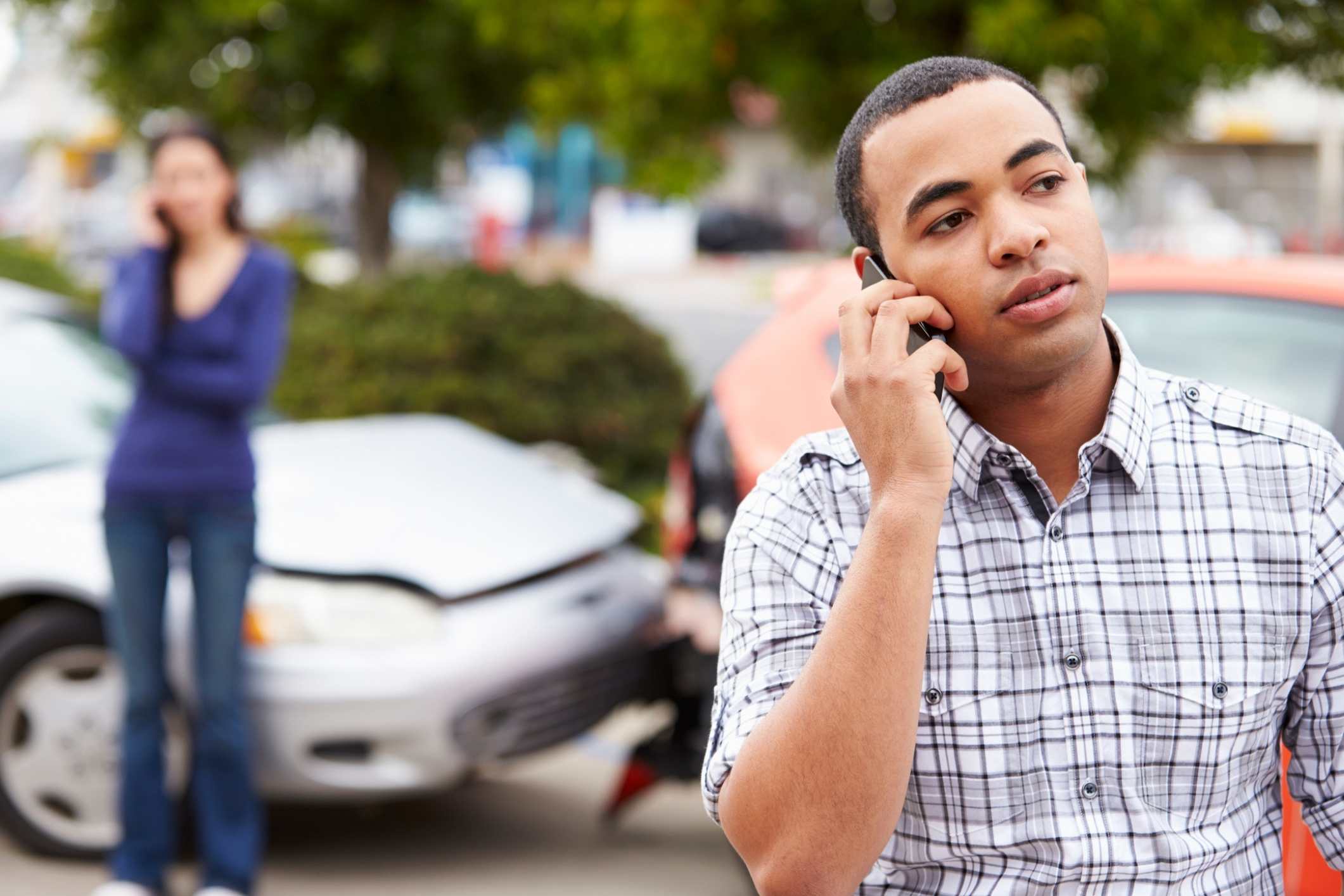When a car accident results in severe injuries or death, anyone involved who can call 911 must do so immediately to report it to the police. An officer will arrive, investigate, and file a report at the scene. If there is only property damage and no one was hurt, then you have 10 days to complete a report and send it to the police, sheriff or Highway Patrol, depending on the location of the accident.
The following is a quick look at how to report a wreck, why it’s essential, and how it can affect your case. If you’ve suffered an injury in a car accident caused by someone else, please contact Osborne, Francis & Pettis for a free consultation. We’ll work to help you get all of the compensation you deserve. Use our online form or call (561) 264-6238 to get in touch.
How to Report an Accident in Florida
In Florida, if you're involved in a car accident, following the proper reporting procedures is essential. Here's a detailed explanation of how to report an accident:
- Assess the situation: Immediately after the accident, ensure the safety of yourself and others involved. Move your vehicle out of the traffic flow and activate the hazard lights.
- Check for injuries: Determine if anyone requires immediate medical attention. If severe injuries or tragic fatalities occur, call 911 immediately to request an ambulance and police assistance.
- Contact the police: If the accident involves injuries, fatalities, or significant property damage, call 911 and request police assistance. The police will arrive at the scene, assess the situation, and create an official police report. The report will document important details about the accident.
- Provide accurate information: When the police arrive, cooperate fully and provide accurate information about the accident. This includes your identification, contact information, insurance details, and a factual account of the incident. If witnesses are present, inform the police and provide their contact information.
- Report a minor accident: Even if the accident is minor and doesn't meet the criteria for immediate police response, it's still important to report it. You can contact the non-emergency line of the local police department to report the accident. They will provide instructions on how to proceed and whether an officer needs to be dispatched to the scene.
When to Report an Accident
Florida law mandates reporting a car accident if it results in any of the following:
Injury or Death
If the accident causes injuries or fatalities, you must report it to the police immediately. Prompt reporting is crucial to ensure appropriate medical assistance and investigation.
Property Damage
If the accident causes property damage exceeding $500, you must report it to the police within 10 days. This includes damage to vehicles, structures, or any other property. Even if the damage seems minor, it's best to report it to protect your rights and comply with legal requirements.
How Does a Police Report Benefit Your Claim?
After the officer files their report, request a copy for your records. Obtaining a police report is highly beneficial for your insurance claim and any potential legal actions that may arise. The police report is an official document that includes vital details such as the date, time, and location of the accident, the parties involved, witnesses, and a description of the incident. Here's how a police report benefits your claim:
Objective Record
The police report provides an objective record of the accident. It's an unbiased account created by a neutral party (the police) who assesses the situation based on their observations and statements from the involved parties.
Documentation of Key Details
The report captures essential information about the accident, including the parties' identities, insurance information, and contact details. It also includes statements from witnesses and a description of the incident.
Evidence for Liability Assessment
Insurance companies and legal professionals rely on the police report to assess liability. The report helps determine who was at fault and to what extent, which is crucial for insurance settlements and potential legal proceedings.
Determining Damages
The police report may contain information about the extent of property damage, injuries, and other losses from the accident. This information will aid your attorney in evaluating the damages and determining appropriate compensation.
Supporting Your Claim
When you file an insurance claim, the police report serves as valuable supporting evidence. It adds credibility to your account of the accident and strengthens your position when negotiating with insurance adjusters.
What Happens if I Don't Report My Car Accident in Florida?
Failure to report a car accident in Florida, as required by law, can have several consequences. Here's what may happen if you don't report the wreck:
- Legal consequences: If the accident involves injuries, fatalities, or property damage exceeding $500, failing to report it could lead to hit-and-run charges. These could result in significant fines and possible jail time.
- Impaired insurance claim: Reporting the accident promptly can help your ability to file an insurance claim. Most insurance policies require timely reporting of accidents. If you delay reporting, the insurance company may argue that you failed to fulfill your contractual obligations, potentially resulting in a denial of your claim.
- Difficulty establishing liability: With an official police report, it becomes easier to establish liability clearly and objectively. Lack of documentation can weaken your position when pursuing a claim or seeking compensation for damages.
- Limited legal options: If you decide to pursue legal action against the responsible party, the absence of a police report may weaken your case. It can be more challenging to prove negligence and demonstrate the extent of damages without an official record of the accident.
Other Legal Responsibilities After a Florida Car Accident
Apart from reporting the accident, there are other critical steps you must take after a car accident in Florida. These include the following:
Providing Accurate Information
Exchange contact, insurance, and vehicle information with the other parties involved in the accident. Ensure that the information exchanged is accurate and complete.
Seeking Medical Attention
If you or anyone else involved in the accident is badly hurt, seeking medical attention is crucial. Even if you don't feel immediate pain or discomfort, getting a medical evaluation is advisable to identify any underlying injuries.
Notifying Your Insurance Company
Contact your insurance company as soon as possible to report the accident and initiate the claims process. Provide them with all the necessary details and cooperate with their investigation. Failure to report the accident to your insurance company may result in coverage denial.
Contact Osborne, Francis & Pettis to Speak with an Experienced Car Accident Attorney
If you've been involved in a car accident in Florida and need legal assistance, the experienced car accident attorneys with Osborne, Francis & Pettis will be ready to help. We’ll provide guidance, protect your rights, and help you navigate the complex legal process. Contact us online or call (561) 264-6238 to schedule a free case review.

.avif)












.avif)


.svg)



